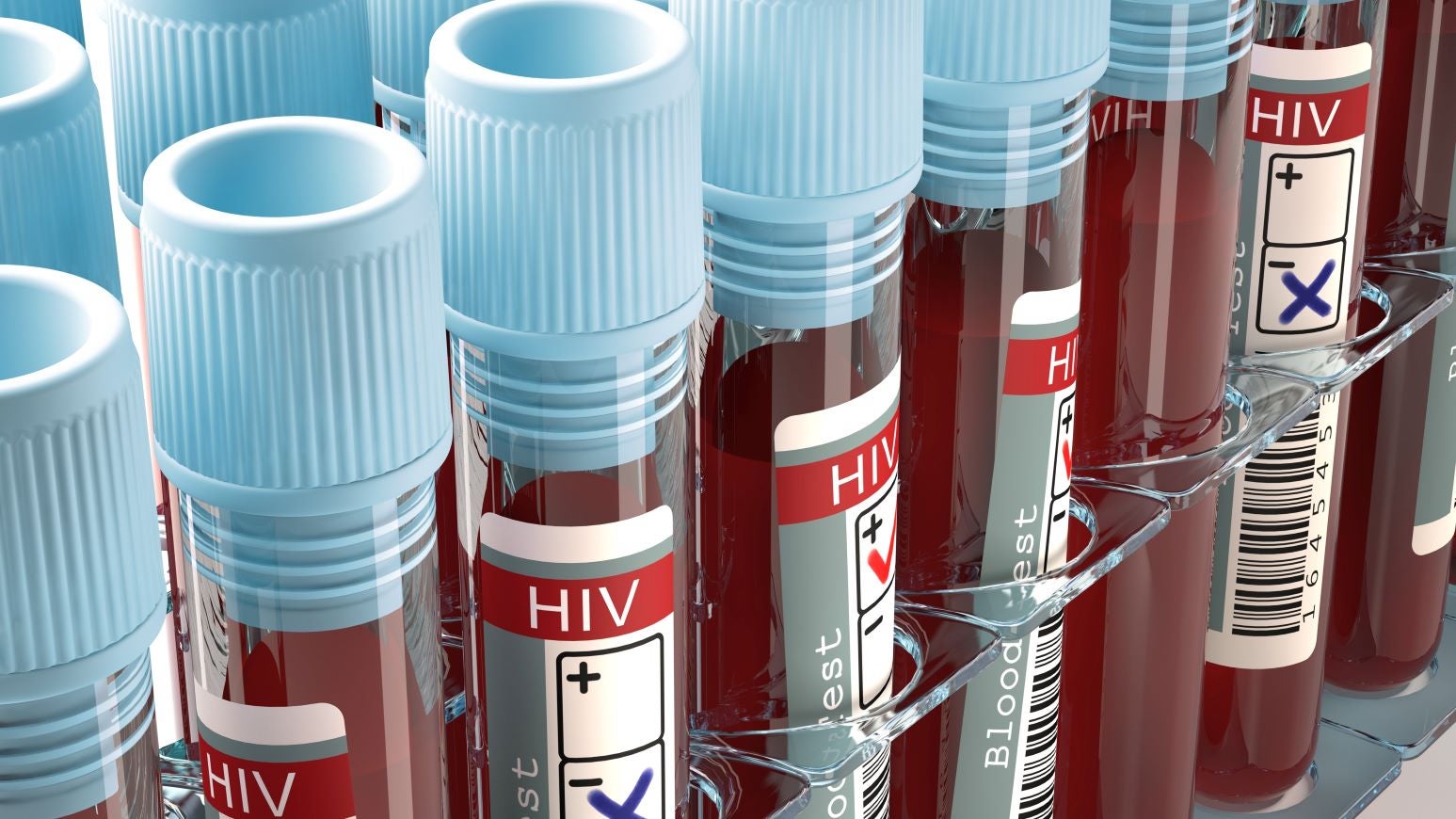The introduction of antiretroviral therapy (ART) to human immunodeficiency virus (HIV) patients in the 1980s was a turning point in the treatment of the disease. Once considered a terminal diagnosis, HIV could now be recognised as a manageable chronic health condition. Today, the World Health Organization (WHO) classifies HIV as a global epidemic and reports that ART was used to treat 75% of HIV patients in 2021. ART is a daily treatment method that works by reducing the replication of HIV in the blood, resulting in undetectable and non-transmissible viral levels. Lifelong treatment is recommended to ensure the virus does not continue to replicate and spread.
However, for the third time since 2007, a patient has been declared HIV-free upon withdrawing from ART. A patient from Germany referred to as the ‘Düsseldorf patient’ was diagnosed with leukaemia and underwent a bone marrow transplant in 2013. A donor with the CCR5-delta32/delta32 genetic mutation was chosen. The CCR5 receptor protein is located on white blood cells, through which HIV infects the immune system. By receiving stem cells from a donor with the CCR5-delta32/delta32 genetic mutation, the immune cells no longer produce the CCR5 receptor protein, and the virus cannot enter and infect these cells. The Düsseldorf patient continued to take ART for over five years following the transplant, allowing scientists time to perform various tests and experiments. In 2018 the patient was permitted to discontinue ART and has remained HIV-free since. Researchers have previously declared that similar techniques have been used to cure two other patients, the ‘Berlin patient’ and the ‘London patient’, who received bone marrow transplants in 2007 and 2016, respectively.
Given the high risk associated with a bone marrow transplant, it is unlikely that this will become a widespread method of treatment for HIV patients. Along with a lengthy recovery process, the procedure is associated with a risk of infections, bleeding, pneumonitis, and graft-versus-host disease. Additionally, this would present an enormous undertaking to become the standard of care for HIV patients, as GlobalData reports, that as of 2019, there were over 1.4 million people living with HIV in the US alone.
An alternative approach is the continued study of the CCR5 receptor protein. A 2021 study published in Virology Journal investigated CCR5 knockout utilising combination gene therapy. Whereas CCR5 knockout will prevent macrophage (M-tropic) strains of HIV from infecting cells, it leaves them vulnerable to infection by CXCR4 T-cell (T-tropic) strains of HIV. The dual approach studied employed a two-vector system with CCR5 knockout and a Tat dependent suicide gene, TK-SR39, to prevent both forms of HIV infection.
Gene therapies in general represent a more reasonable approach to finding a cure for HIV. According to GlobalData, there are currently nine gene therapies for HIV in the product pipeline. Two of the most developmentally advanced therapies are Excision BioTherapeutics’ EBT-101, and the National Institute of Allergy and Infectious Diseases’ (NIAID) AAV8-VRC07. EBT-101 is currently being investigated in a Phase I/II study, which is expected to be complete in Q4 2024. Following preclinical positive long-term safety data in non-human primates and efficacy data in humanised mice, Excision BioTherapeutics reported that the first of nine patients of the Phase I/II study was dosed in July 2022, and was tolerating the therapeutic well. Additionally, AAV8-VRC07 is under investigation in a Phase I study, which is expected to be complete in Q3 2026. NIAID reported positive preclinical findings showing that the adeno-associated virus serotype 8 (AAV8) was a safe and effective vector for delivering genes for antibodies against simian immunodeficiency virus (SIV) within primates. This led to the design of a Phase I trial, and NIAID published its proof of concept and initial positive safety data for AAV8-VRC07 in May 2022.

US Tariffs are shifting - will you react or anticipate?
Don’t let policy changes catch you off guard. Stay proactive with real-time data and expert analysis.
By GlobalData





